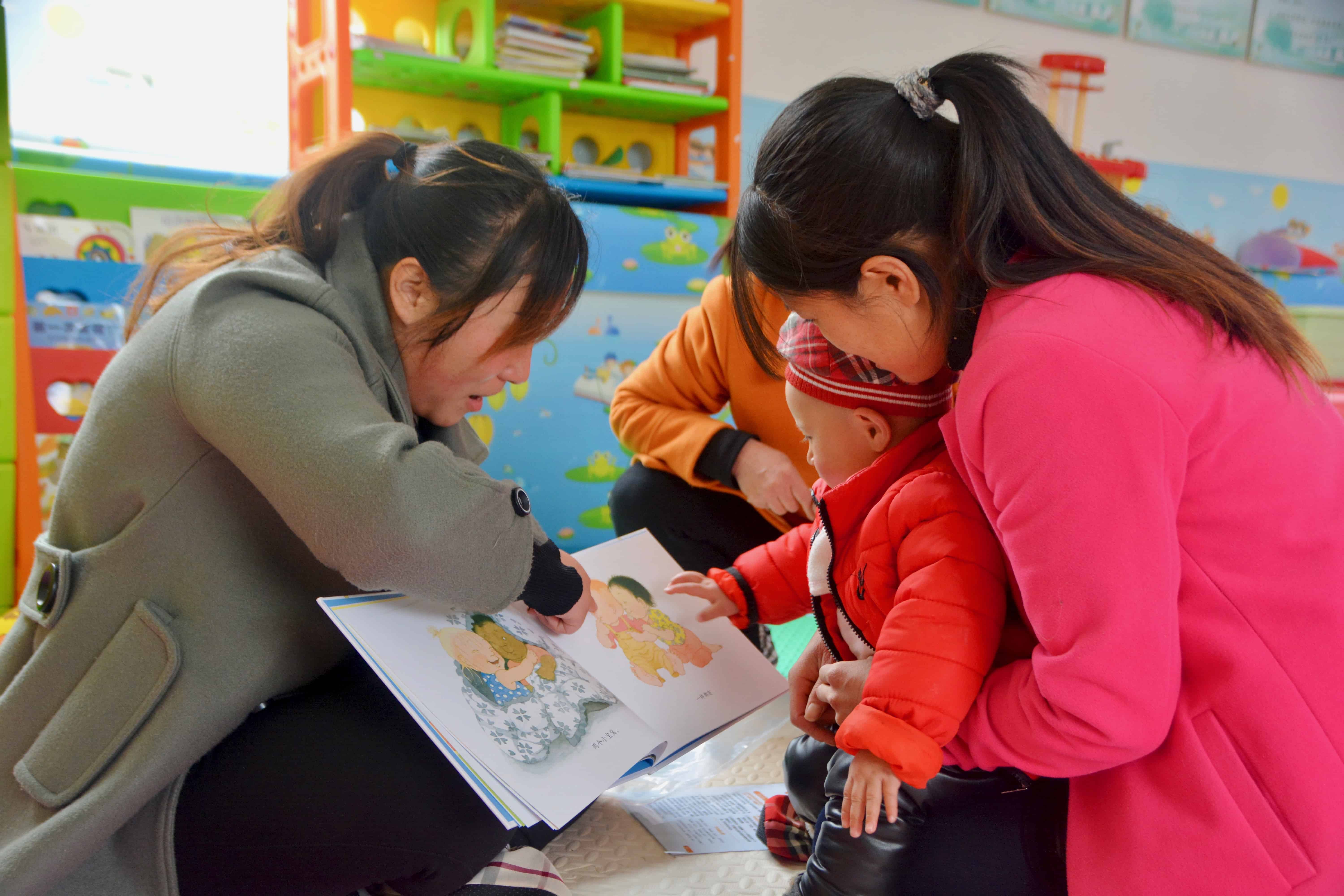News
Can social media help track the spread of disease?
April 7, 2020In a recent article, UNC-Chapel Hill researchers explored how to effectively and ethically include social media and broader Internet tracking as part of public health surveillance efforts.
These basic public health measures can slow the spread of COVID-19
April 7, 2020The epidemiology of COVID-19 — the disease caused by SARS-CoV-2 — has become clearer as case numbers rise and researchers refine their estimates of the severity and transmissibility of the virus.
‘100% Vitamin C’ marketing claims increase appeal of sugary fruit drinks
March 24, 2020Sugar-sweetened beverages (SSBs) are a major factor in the obesity epidemic among both children and adults. Fruit-flavored drinks with added sugar (“fruit drinks”) are by far the most popular SSB among children.
Parental Migration and Early Childhood Development in Rural China
March 13, 2020Over the last several decades in China, millions of rural residents have migrated to urban areas for work. As parents migrate, they’ve left their young children behind with other family members in the countryside. A new study co-led by Sean … Read more

Chilean policies reduce purchases of unhealthy beverages by 24%: the first national evaluation of the impact of a front-of-the-package food label law
February 12, 2020Chile’s Law of Food Labeling and Advertising, implemented in 2016, was the first national regulation to jointly mandate front-of-package warning labels, restrict child-directed marketing, and ban the sale in schools of all foods and beverages containing added sugars, sodium or saturated fats exceeding set thresholds (also called “high-in” food and beverages).
Kathleen Mullan Harris elected lifetime AAAS fellow
November 26, 2019Faculty Fellow Kathleen Mullan Harris is among the 443 scientists selected this year as fellows of the American Association for the Advancement of Science because of their scientifically or socially distinguished efforts to advance science or its applications. She was … Read more
Recent changes in California vaccine exemption laws projected to have limited effect on increasing childhood vaccination rates
November 5, 2019A new study finds that the laws developed in California to decrease the number of children who are exempt from receiving vaccines may have little effect. This is because parents motivated by a hesitancy to vaccinate continue to find alternate pathways around the laws. Findings from the brief research report are published in Annals of Internal Medicine.
Kathleen Mullan Harris Inducted into American Academy of Arts and Sciences
October 16, 2019Dr. Harris was awarded the Golden Goose Award from the US Congress for federally funded research that leads to major breakthroughs in medicine, social behavior, and technological research and the Irene Taeuber Award from the Population Association of America in recognition of original and important contributions to the scientific study of population.
Meet the Carolina Population Center Faculty Fellows elected in 2019
October 15, 2019The Carolina Population Center’s Faculty Fellows elected six UNC faculty members to join the CPC Fellows program in 2019. There are now 67 faculty fellows who sit across 16 academic departments. Douglas Lee Lauen is an Associate Professor in the … Read more
Strong family ties during teen years can help ward off depression in later life
October 7, 2019Depression is a leading cause of disability and disease for people around the world. It often begins during adolescence, especially for females, may continue or recur in adulthood and tends to become a lifetime chronic health condition.
